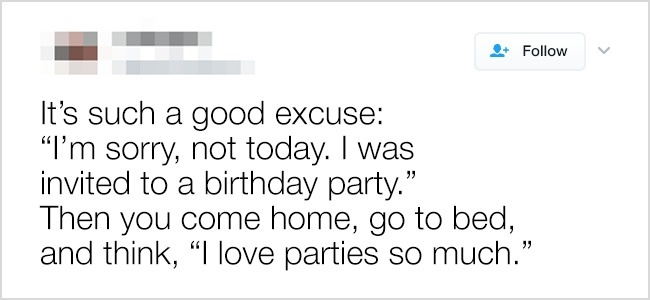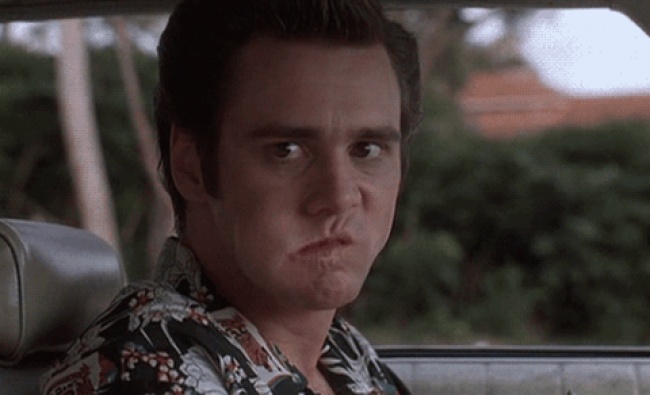
Depression is a serious disease nowadays. It can be confused with ordinary fatigue, but it also can hide under excessive workaholism or, on the contrary, feigned happiness. Sadness, a lack of initiative, and loss of physical and moral strength are just a few features of this sickness.
Only a doctor can diagnose depression correctly, but you can notice this emotional disorder on your own.
We decided to explore some less obvious symptoms of depression that can help to avoid its negative consequences.
8. Philosophical thoughts
People who suffer from hidden depression usually try to talk about philosophical topics using abstract sentences. “Such things always happen to me,” instead of, “I don’t get enough sleep.” “There is no sense in it,” instead of, “I think I need to use another variant.” As a rule, depressed people like to talk about the meaning of life, and they do it all the time. And their words are often abstract and vague. Psychologists say that the more definite a person’s thoughts are, the more chances they have to be happy.

7. Searching for excuses

Depressed people often use excuses to hide their real desires and sadness. For example, they compose touching stories about why they can’t go to a friend’s birthday party or why they can’t stay for lunch with colleagues. Convincing excuses serve as a cover so as not to bother anyone with your emotional condition.
6. The lack of an adequate reaction

People with depression can interpret a surrounding reality in a different way. They can agree with everyone, stop expressing their opinion and desires, stop noticing insults, or not feel pain even if it’s inevitable: for example when they lose a relative.
5. Psychosomatic diseases

Being depressed, people usually complain about heart pain, tension in their hands and legs, breathing difficulties, a headache, a toothache, and other symptoms. As a rule, an examination shows that their health is fine. Various painful sensations point to an unstable condition. In turn, pain causes anxiety and tension, forming a vicious circle and making a person suffer from psychosomatic pain.
4. “Mental chewing gum”

In a depressed state, people obsess over certain things. They’re sure that they are searching for answers, but such obsessive thoughts can’t solve their problems. On the contrary, they create the illusion that they are trying to find an answer. It’s easy to notice that your relative or friend suffers from obsessive thoughts: a person is rather brooding, absentminded, speaks about one and the same problem, and doesn’t try to act instead of speaking. We can remember an example from Limitless. Bradley Cooper’s hero was obsessed with thoughts about writing a book and possible success. He plunged into apathy and stress, losing his relatives and friends one by one.
3. Untidy appearance

A depressed state affects a person’s appearance. If a person stops following the rules of hygiene and doesn’t keep their home clean, you have reason to wonder whether everything is OK or not. This applies to people who never used to have problems with neatness.
2. A change in productivity

This is also a bad signal. A person can’t cope with everyday routine tasks, forgets information, often gets tired, and feels a senselessness in their actions. It also can be the opposite, when rather inactive people become workaholics with a tense schedule, trying to collect their achievements. They are trying to escape from their feelings and bring some sense to their life.
1. Ostentatious happiness

People often try to hide their depression behind a positive mood. And, as a rule, they really look like the happiest and most carefree people in the world. They avoid serious conversations and laugh off difficult topics. You can understand and help them only during a long and trusting talk.
How to help people and yourself:
- You can test yourself with the help of Beck’s Depression Inventory or the Zung Self-Rating Depression Scale.
- If you realize that one of your friends or relatives is depressed, try to talk to them about their health and problems. Offer your help. If a person refuses everything, leave them alone for a while and observe their behaviour.
- Don’t depreciate relatives’ and friends’ problems, and don’t joke. Such phrases as “cheer up,” “stop it,” and “calm down” don’t work here.
- Help with household duties and routine tasks: depression takes all of a person’s emotional and physical strength.
- Don’t make a depressed person lead an active lifestyle if they’re not ready.
- Take pauses in your relationship with a depressed person so as not to adopt their condition.
- Debunk the myths that it’s not necessary to visit a doctor. Suggest professional help.
- Be caring. Each smile and perfect post on Instagram can hide serious problems.
Have you ever tried to help someone who was depressed? Do you have your own methods? Share with us!
